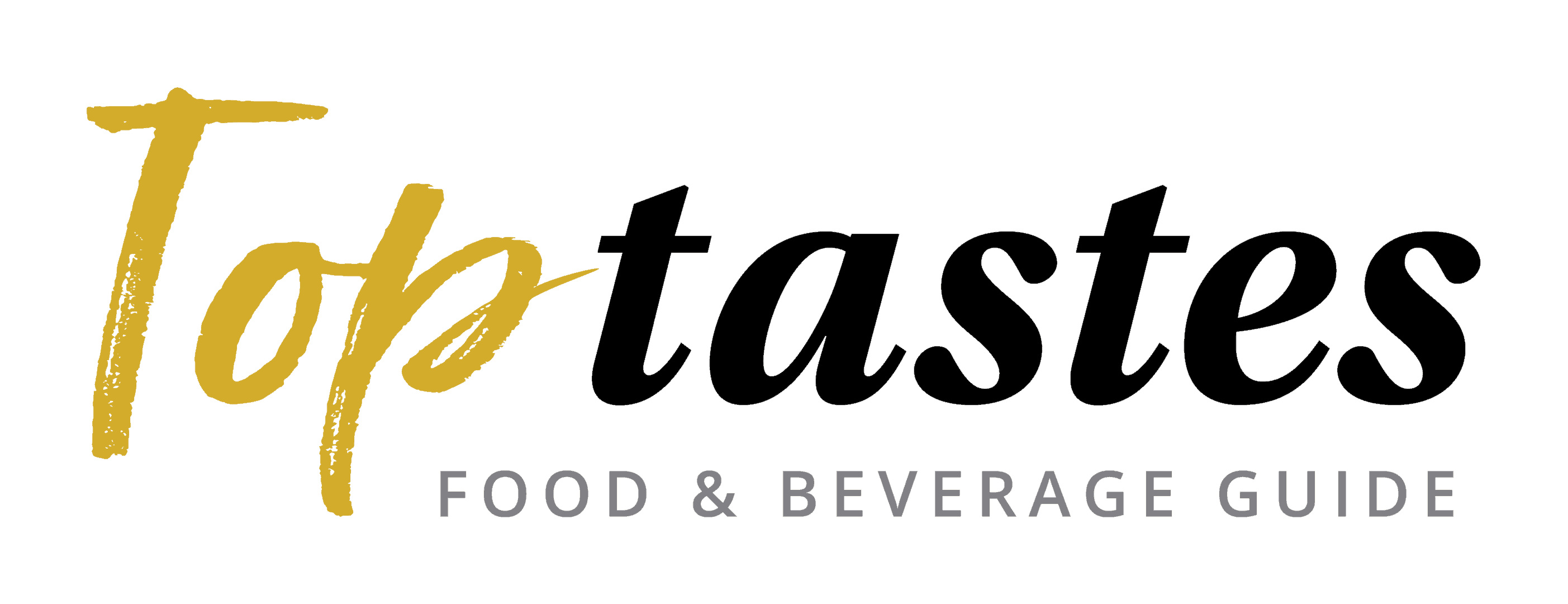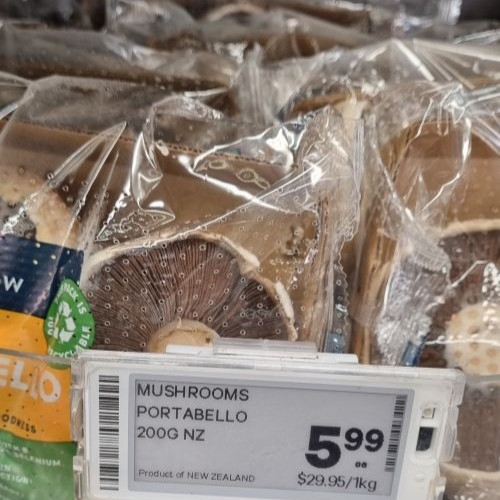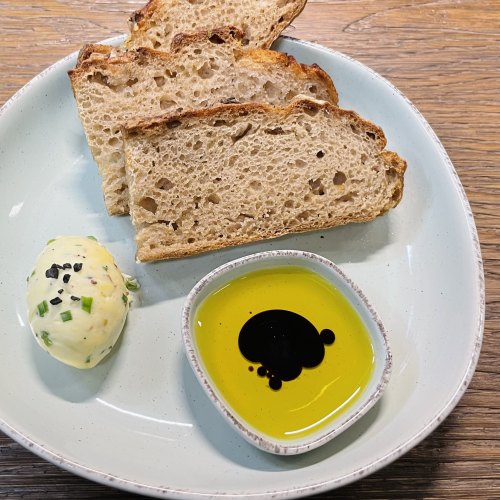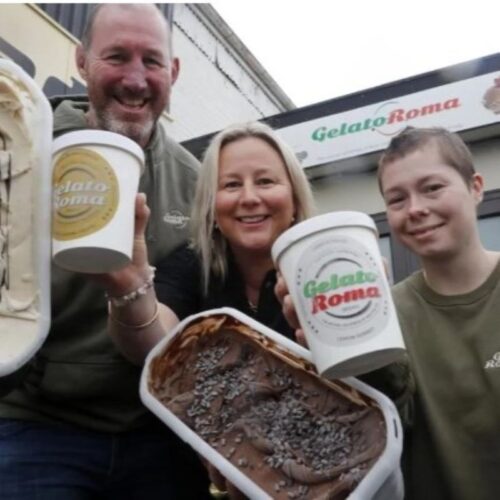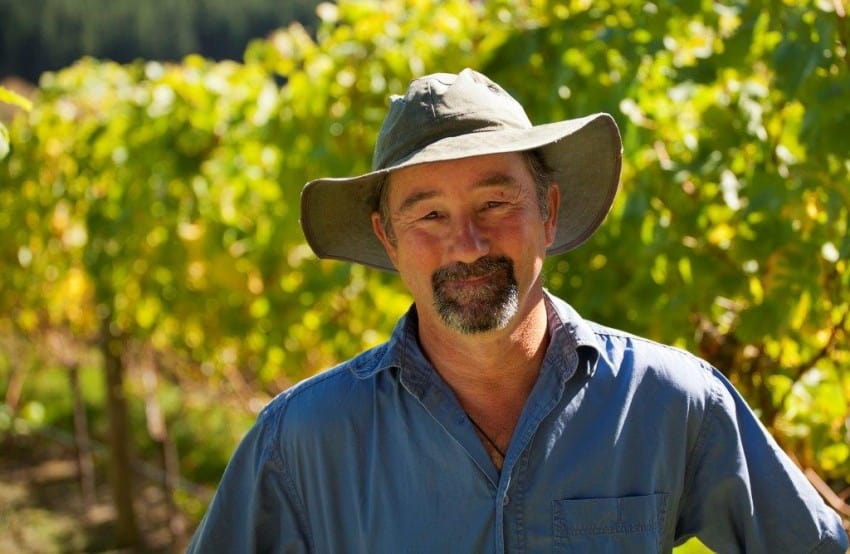
Jonny Hiscox – Nelson Mail 16.08.16
Jonny Hiscox is rightfully very proud of his workplace, the Whenua Matua vineyards that are home to Aronui Wines.
The name Whenua Matua means significant land—and significant it is, the Whenua Matua vineyard land has special significance to Iwi in the region, located in the Moutere Hills the land is part of Tenths Reserve lands, can never be sold and is part of the heart of Iwi in the top of the South Island.
I spent some time walking around the Upper Moutere vineyard when the vines were only a few years old and the impression I got at the time was of a special place that was being developed with sensitivity by a passionate viticulturist.
Today it is a stunningly beautiful setting that is reaping the rewards of the many long, hard hours Hiscox and his team put in to developing the site for Wakatu Incorporation, the guardians for the thousands of owners of the land, and is where the grapes for Aronui wines are grown.
While Hiscox was employed as a viticulturist to develop and manage the vineyards he brings a lot more to the Aronui brand than just growing grapes.
When he emigrated from the UK some 20 years ago he thought he should learn Te Reo and now speaks it reasonably fluently. His understanding of Māori culture and heritage has also been instrumental in developing a quality vineyard with sensitivity to the land.
So how did an Englishman who spent 10 years making traditional Cornish pasties and pork pies in the Midlands end up speaking Te Reo and working as a viticulturist in New Zealand, and just what does a viticulturist do?
Let’s start with the last part of that question, the viticulturist is the person who grows the grapes wines are made from and while that sounds quite simple there is a lot involved in growing a crop of grapes.
Viticulturists only get one chance a year to deliver the goods and if they get it wrong the winemaker won’t have decent fruit to make wine from; there is an old but true saying – wines are made in the vineyard and finished in the winery.
Hiscox has a background in food manufacturing, initially as a butcher, and ending up in a production management role at a giant food manufacturing plant making products for Marks and Spencer.
Hiscox and his then girlfriend Ariane took a year off working in the UK and “just went traveling to wherever we felt like going and looking for somewhere to live”.
He told me when they arrived in Nelson they found a city with lots to do and with all the essential services but wasn’t too big, it had four national parks on the doorstep of the city, lots of sunshine and so much more they knew it was where they wanted to try life outside the UK.
They had no idea what they wanted to do but were prepared to give anything a go so set about looking for a job, they ended up working for Trevor Bolitho at Waimea Orchards, he had just bought a block of land to plant into grapes and the couple turned from pruning apple trees to being part of the team putting in the original vines, posts and irrigation for Waimea Estates in 1994.
“Then I had a brief period of insanity and went to work for the apple packing facility in Nayland Road for a couple of years before doing some contract apple pruning for a while, when the apple pruning work ran out the company I was working for got a contract pruning grapes for Jon Harrey at Te Mania.
“That job was supposed to last a couple of months but I ended up being there for seven years and it is where I learned so much about viticulture and winemaking, especially the relationship between good viticulture and good wine, you can’t make good wine from poor grapes.”
Te Mania, being a small family business, gave him the opportunity to be involved in the whole wine making process, after growing the grapes during the year, at harvest time they would pick the fruit during the day and press it at night.
Hiscox credits his time at Te Mania as the beginning of his love affair with wine, other than being a consumer.
After the vintage in 2005 he saw an advert for a job working for Wakatu Incorporation developing vineyards in the Upper Moutere, “viticulture opportunities are scarce in Nelson and I was the last interviewee on day three so they could probably remember a few things I said and I got the job.”
The land at Upper Moutere is about 60ha and when he arrived a tiny 2.9 ha had newly planted vines without any of the usual infrastructure like posts, wires, irrigation and so on so he worked on developing the land to maximise its potential.
“We looked at the natural contours and then re-contoured it to turn it into a vineyard, it was like playing in a big sandpit with huge Tonka toys cutting the top off hills and spreading the soil around” Hiscox says
Today because of the different contours of the land within the vineyard, different row orientations, various varieties and multiple clones Whenua Matua is a very diverse vineyard, Hiscox and his team work intensely with each block, getting to know their whenua (land) and growing the best grapes they can to make the best wine they can and now have 33ha of productive vineyards with a mix of varieties including Pinot Gris, Pinot Noir, Albarino, Gruner Veltliner, Riesling and Chardonnay.
“The land is also an important place for our owners to be able to come, areas of non-productive vineyard are planted in 18,000 native plants and we continue to enhance the land that is a very special place, we have native fish in the small lake, birds returning to the environment and even small scaup diving ducks that are very rare in the top of the south, we created these environments to enhance the land while trying to be commercially viable for our owners.
“We do two key things; grow the grapes within budget and grow grapes that are as good as possible so the wine is worthy of the price people pay and good enough that they want to keep buying it.”
Hiscox says “I haven’t done it on my own, we have had a great staff over the years and a very trusting management team who have allowed me to do what I needed to do and spend what was needed to get the job done.”
And the best part of the job? “I get a real buzz seeing the wines doing so well in competitions and it is a really cool feeling to see someone in a bar or restaurant choosing an Aronui wine and enjoying it, seeing people enjoy something you have help produce is one of the coolest things about the wine industry.”
Aronui wines have won a range of gold medals and trophies including a gold medal in Decanter World Wine Awards for their 2014 Pinot Noir, a trophy for their 2014 Pinot Gris at the Royal Easter Wine Show while their 2014 Albarino won gold at the Sydney International Wine Show and two trophies at Australian Alternative Wine Varieties show including a bonus trophy of chief judge’s winery to watch.
Aronui wines may be very good now but watch for a lot more success as the vines get a little older and Hiscox and his team deliver grapes more complexity for the winemaker to work with.
